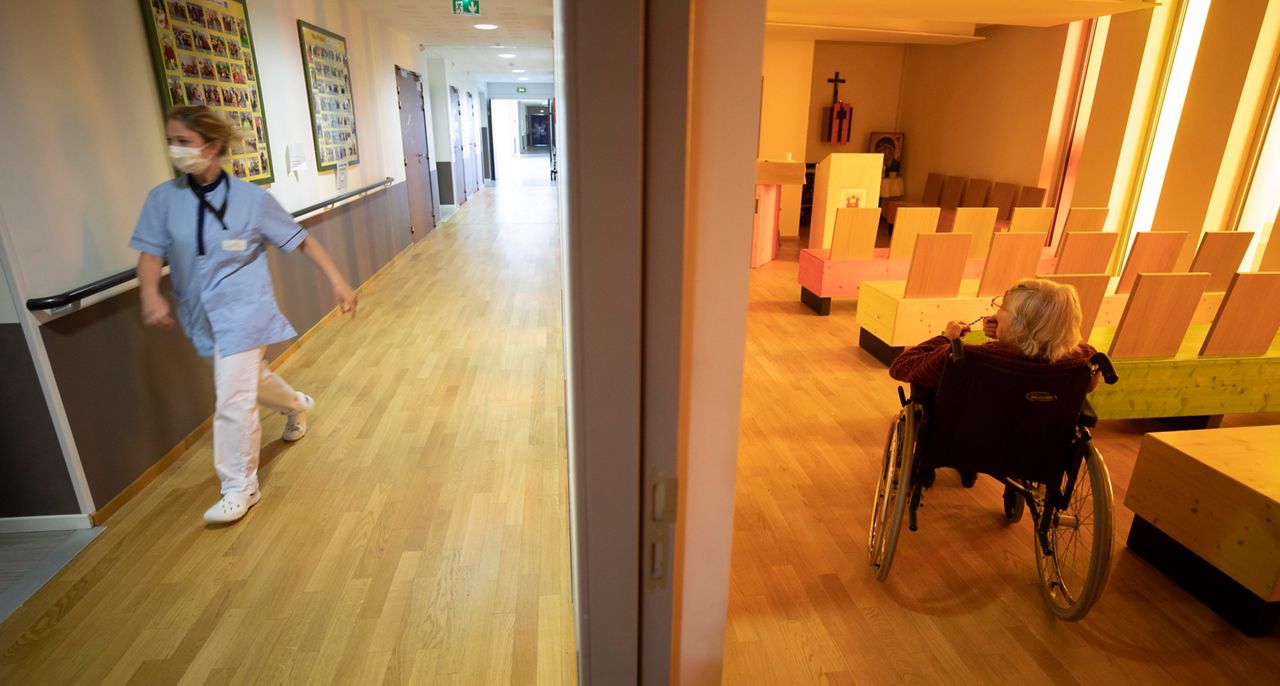State lawmakers are discussing a rollback of liability protections for nursing homes during the coronavirus pandemic as the legislature meets in a rare summertime session.
The measure could be considered along with a range of pandemic-related relief measures, including a bill to extend the expansion of absentee voting into the November general election.
What had been expected to be a comparatively ho-hum meeting for lawmakers meant to sweep up end-of-session work could turn into a consequential week for the legislature.
The nursing home measure would be considered as lawmakers are holding public hearings on the issue.
Lawmakers and Cuomo in April agreed as part of the state budget to provide liability protections for the facilities retroactive to when the pandemic began to take hold in March. The move was applauded by nursing home managers and organizations that represent them in Albany, but criticized by advocates who argued it removed a legal recourse for thousands of families who have been affected by the pandemic.
More than 6,300 residents in those facilities have died during the pandemic and is possible the death toll is even higher.
A March 25 order from the state Department of Health, requiring nursing homes and long-term care facilities to accept coronavirus patients discharged from hospitals, has been scrutinized in recent weeks as a sign of Gov. Andrew Cuomo's administration's failure to protect residents. The order has since been partially rescinded.
But the Cuomo administration through a Department of Health report blamed asymptomatic facility staff and guests for spreading the virus among residents.
A state order, based on CDC guidelines, that allowed staff not showing any COVID symptoms to continue working with coronavirus infected residents in nursing homes was rescinded in April.
Absentee ballot expansion
Meanwhile, lawmakers are also considering extending the expansion of absentee ballot access allowed during the June primary to the November general election.
Party primaries are limited to people enrolled in a party, meaning the expansion will include a far larger universe of voters to receive absentee ballot applications in the mail. Some voters reported they did not receive their absentee ballot to return until after the primary in June.
And the flood of absentee ballots last month meant some party primaries have not been determined, even weeks after the votes were cast.
Good-government advocates have called for the absentee ballot expansion. Cuomo earlier this year, through executive order, in essence, ended the excuse for seeking one in New York.
Cuomo to Georgia
The governor is heading to the picturesque Georgia city of Savannah this morning. The state is among those hard hit now by the coronavirus pandemic, as New York's cases have leveled off at around 1 percent of those tested.
Cuomo this month announced Atlanta would receive personal protective equipment and testing supplies from New York, pointing to the support the Empire State received from around the country in March and April.
Cuomo will not have to submit to his ordered 14-day quarantine for those traveling to New York from a state with a high infection rate. The governor is considered an essential worker, and the quarantine does not cover travelers who are out of the state for fewer than 24 hours.
